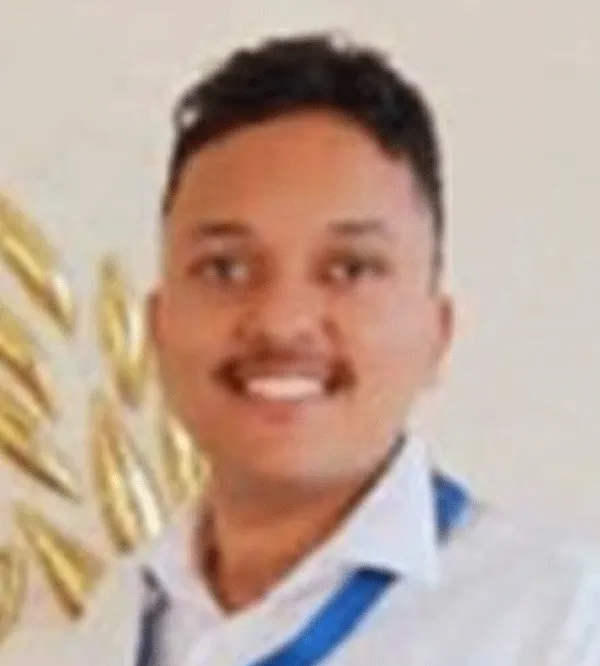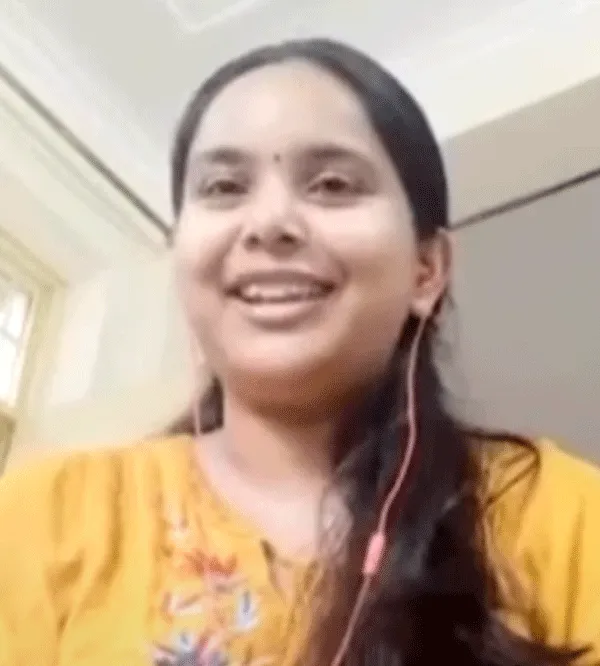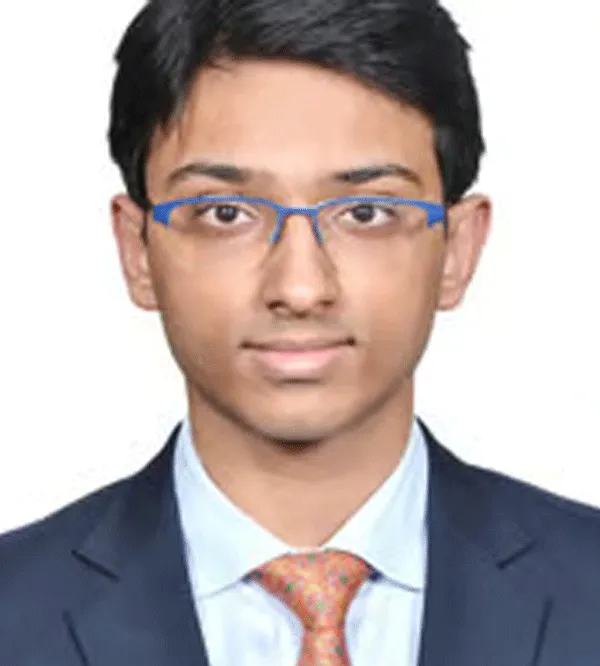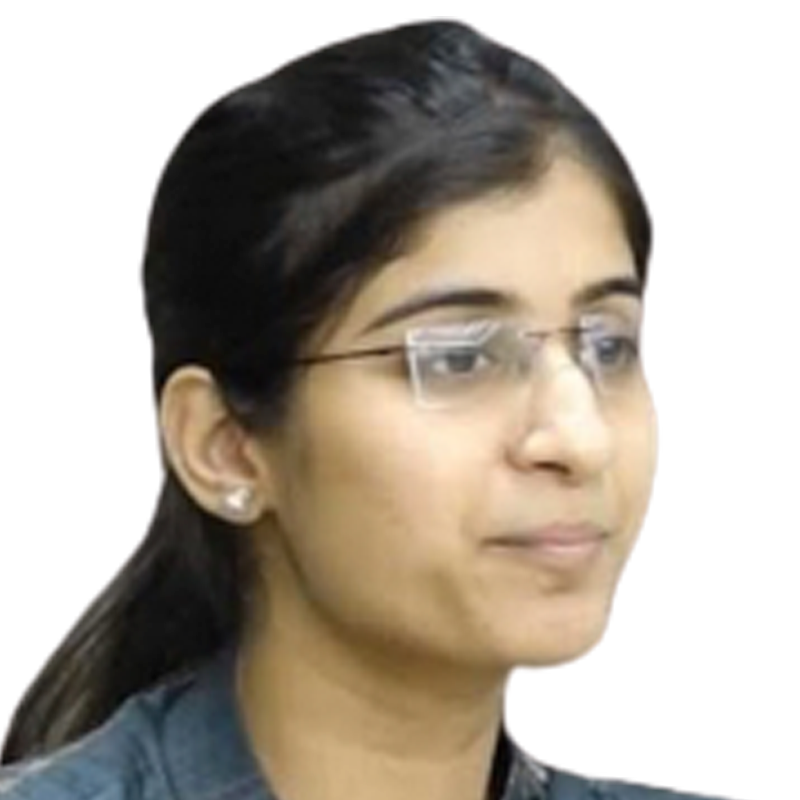Today's toppers were yesterday's aspirants. They don't do different things. They just do the right things differently. Toppers’ Corner is your place to discover the SUCCESS MANTRAS of the toppers. Explore their stories, strategies, analyze their copies, see how they achieved top scores, their profile, and more!

P K SIDHARTH
AIR-4 | 2023

NAUSHEEN
AIR-9 | 2023

MEDHA ANAND
AIR-13 | 2023

AYAN JAIN
AIR-16 | 2023

ANSHUL BHATT
AIR-22 | 2023

SAURABH SHARMA
AIR-23 | 2023

ISHITA KISHORE
AIR-1 | 2022

GARIMA LOHIA
AIR-2 | 2022

UMA HARATHI N
AIR-3 | 2022
UPSC IAS Preparation Strategy by Animesh Pradhan, AIR-2, UPSC CSE-2023
Animesh Pradhan, who secured All India Rank 2 in the UPSC Civil Services Examination 2023, shares his detailed strategy and approach to preparation. Here’s a comprehensive summary of his strategy:
Background and Approach
- Working Professional: Animesh was a working aspirant, employed with Indian Oil Corporation in Dhanbad during his preparation.
- Preparation Timeline: He began full-fledged preparation in February 2022 and continued until the prelims in May 2023, balancing work and study without taking extended leave.
Preparation Phases
1. Integrated Preparation (February 2022 - January 2023):
Three Slots Approach: Divided his daily study schedule into three parts:
- Standard Books: Read and revised standard books such as Laxmikant for polity, Spectrum for history, etc.
- Optional Subject (Sociology): Used topper notes and answer copies as base material, supplemented with additional value from test series.
- Current Affairs: Followed a weekly current affairs magazine, making concise notes in a question-answer format for easy replication in exams.
- Weekly Tests: Wrote half-length mains tests every Sunday based on the weekly current affairs magazine, consistently maintaining this routine for 11 months.
2. Exclusive Prelims Preparation (February 2023 - May 2023):
- Focused Revision: Repeatedly revised standard books and practiced MCQs available online.
- Prelims Test Series: Attempted 35-45 prelims mock tests, focusing on analyzing and learning from the model answers.
Key Strategies
1. Note-Making:
- Concise and Structured Notes: Created one-page or two-page notes for each topic, incorporating data points, government initiatives, committee recommendations, and Supreme Court judgments.
- Answer Writing Format: Made notes in a format that could be directly replicated in mains answers.
2. Test Series and Revision:
- Consistent Practice: Wrote tests regularly, integrating current affairs with static content.
- Multiple Iterations: Revised entire GS content in four iterations, each progressively quicker, ensuring thorough coverage and retention.
3. Optional Subject (Sociology):
- Extensive Use of Toppers’ Notes: Based his preparation on previous years' toppers’ notes, enriched with additional content from test series.
- Continuous Answer Writing: Maintained momentum by writing two answers daily post-prelims until he transitioned into full-fledged test series mode.
4. Prelims Strategy:
- Strong Hold on Static Subjects: Emphasized mastering static subjects due to the unpredictable nature of current affairs questions.
- Diversified Preparation: Did not leave any subject, covering everything to avoid surprises in the exam.
- Mock Tests: Gave numerous mock tests to get comfortable with answering under exam conditions and analyzing mistakes.
5. CSAT (Paper II):
- Comprehensive Preparation: Despite an engineering background, he prepared thoroughly for CSAT, practicing all sections including comprehension, reasoning, and maths.
Post-Prelims to Mains Preparation
Essay and Ethics:
- Topper Copies: Relied heavily on topper copies for essay preparation, compiling good introductions, conclusions, quotes, and anecdotes.
- Ethics: Focused on understanding and incorporating Supreme Court judgments, committee recommendations, and other value additions.
Final Revisions and Tests:
- Four Iterations of Revision: Detailed, time-bound revisions ensuring every aspect was covered multiple times.
- Simulated Test Series: Conducted simulated exams to mimic the actual mains examination environment, boosting confidence and time management skills.
Interview Preparation
- Detailed Application Form (DAF): Made detailed notes on every word and aspect mentioned in the DAF.
- Mock Interviews: Participated in multiple mock interviews to gain confidence and refine answers.
- Self-Reflection: Focused on understanding himself and his surroundings better, making the interview preparation an enjoyable experience.
Conclusion
Animesh Pradhan's strategy is a blend of structured preparation, consistent practice, and thorough revision. His approach of integrating current affairs with static subjects, making concise notes, and regular testing can serve as an effective guide for aspirants, especially those balancing work and study. His emphasis on self-belief, mental preparedness, and a holistic understanding of topics highlights the importance of a well-rounded strategy for success in the UPSC examination.
































